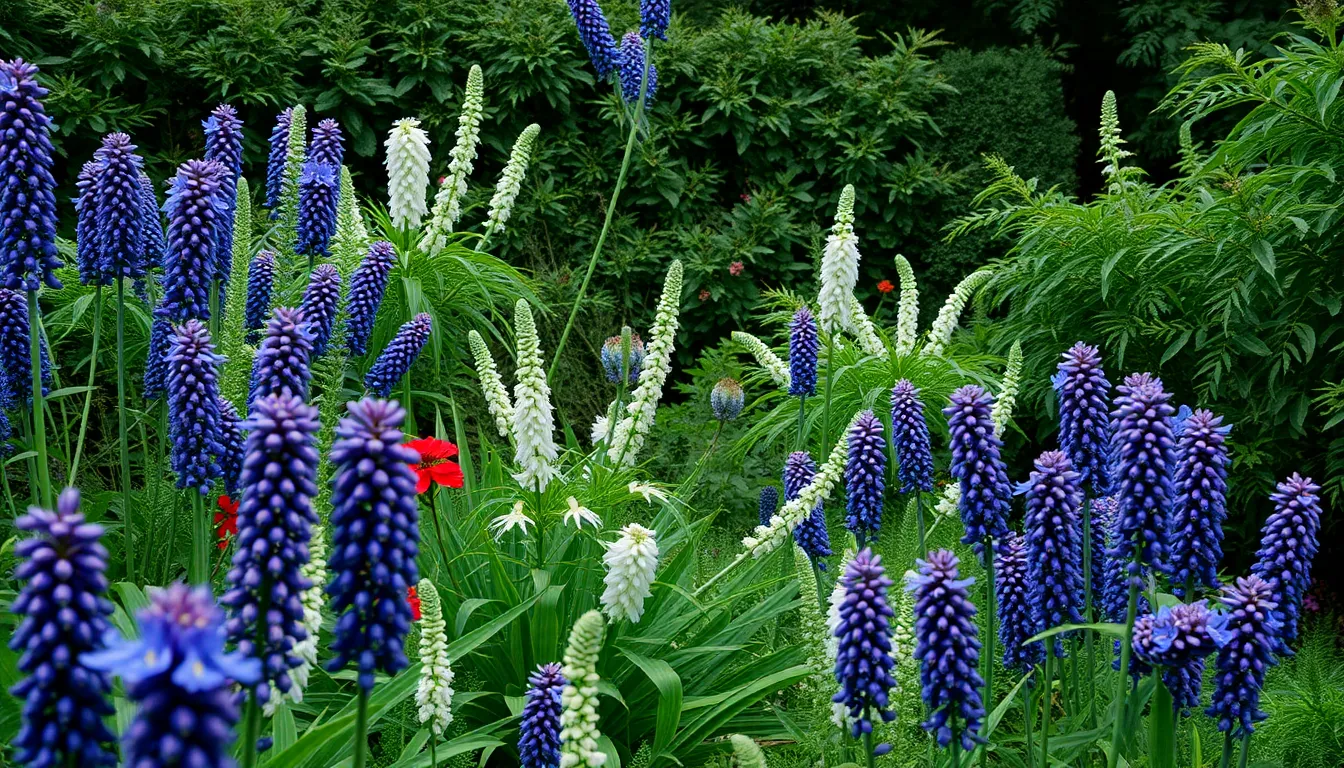The Myth of the Perfect Garden: What Plants Really Need
1. Introduction: Debunking the Myth of Perfection in Gardening
In the age of social media, the image of a flawless garden is often glorified, creating an illusion that gardening is a simple, straightforward endeavor. Pictures of perfectly manicured lawns, vibrant flower beds, and bountiful vegetable patches flood our feeds, leading many to believe that achieving such perfection is not only possible but easy. However, this perception can be misleading, as the reality of gardening involves a myriad of challenges and learning experiences.
This article aims to debunk the myth of the perfect garden by exploring the essential needs of plants and the various factors that contribute to a healthy and vibrant garden. By understanding these elements, gardeners can cultivate their spaces with greater confidence and appreciation for the beauty of imperfection.
2. Understanding Plant Needs: Beyond Aesthetics
At the core of successful gardening lies a fundamental understanding of plant biology and growth requirements. Plants, whether ornamental or edible, have specific needs that must be met for them to thrive.
- Light: Different plants have varying light requirements, from full sun to shade.
- Water: The amount of water needed can differ greatly among species.
- Nutrients: Essential nutrients are required for growth and health.
- Space: Plants need adequate space to grow without competition.
Ornamental plants are often chosen for their aesthetic appeal, while edible plants are cultivated for food production. Understanding the distinctions between these categories is essential for meeting their unique needs.
3. Soil: The Foundation of a Healthy Garden
Soil is the foundation of any garden, and its quality can significantly impact plant health. Healthy soil provides essential nutrients, retains moisture, and supports beneficial microorganisms.
To ensure optimal soil conditions, consider the following:
- Conduct a soil test to determine pH levels and nutrient content.
- Amend soil with organic matter, such as compost, to improve fertility and structure.
- Ensure good drainage and aeration to prevent root rot.
By prioritizing soil health, gardeners can create an environment conducive to plant growth.
4. Water: The Lifeblood of Plant Growth
Water is essential for life, and plants are no exception. Understanding the specific hydration needs of different plants is crucial for their survival and growth.
Common irrigation techniques include:
- Drip irrigation: Efficient and conserves water by delivering it directly to the roots.
- Sprinklers: Good for larger areas but can lead to water loss due to evaporation.
- Hand watering: Allows for precise control but can be labor-intensive.
Each method has its advantages and disadvantages, so it’s important to choose one that fits your garden’s needs and your lifestyle.
5. Sunlight: The Key to Photosynthesis
Sunlight is crucial for photosynthesis, the process by which plants convert light energy into chemical energy. Understanding the sunlight requirements of different plants is vital for their health.
Plants can be categorized based on their light needs:
- Full sun: Requires at least 6-8 hours of direct sunlight daily.
- Partial shade: Thrives in 3-6 hours of sunlight, often benefitting from some protection during the hottest part of the day.
- Full shade: Grows well with less than 3 hours of direct sunlight.
By placing plants in the appropriate light conditions, gardeners can enhance growth and flowering.
6. Fertilization: Nourishing Plants Effectively
Fertilization is the process of supplying essential nutrients to plants, and it plays a crucial role in their growth and productivity. Understanding the different types of fertilizers and their appropriate use is important for effective gardening.
- Organic fertilizers: Derived from natural sources, they enrich the soil and improve its structure.
- Synthetic fertilizers: Manufactured and provide nutrients quickly but can lead to soil depletion over time.
Choosing the right fertilizer depends on the specific needs of your plants and your gardening philosophy.
7. Pest Management: Balancing Nature and Protection
Pests can have a significant impact on garden health, but with effective management strategies, gardeners can protect their plants while promoting ecological balance.
Common pests include:
- Aphids
- Spider mites
- Whiteflies
Integrated pest management (IPM) strategies focus on prevention, monitoring, and control, often utilizing a combination of biological, cultural, and chemical methods.
8. Seasonal Considerations: Adapting to Nature’s Cycle
Gardening is inherently tied to the seasons, and understanding seasonal variations in plant needs can enhance your gardening success. Each season brings unique challenges and opportunities.
Consider the following:
- Spring: Ideal for planting new seeds and seedlings.
- Summer: Focus on watering and maintaining existing plants.
- Fall: Time for harvesting and preparing the garden for winter.
- Winter: A period for rest and planning for the next growing season.
Adapting your gardening strategies to align with seasonal changes is key to thriving plants.
9. The Role of Biodiversity: Healthy Ecosystems in Gardening
Biodiversity in the garden contributes to healthier ecosystems. A diverse plant selection can attract beneficial insects and improve resilience against pests and diseases.
Companion planting is one effective strategy that involves pairing plants that benefit each other. Some advantages include:
- Natural pest control
- Improved pollination
- Enhanced nutrient uptake
Creating a biodiverse garden not only supports plant health but also fosters a vibrant ecosystem.
10. Conclusion: Embracing Imperfection in Your Garden Journey
The journey of gardening is filled with trial and error, and embracing imperfection can lead to a more fulfilling experience. Each garden is a reflection of its gardener’s personality, style, and the natural environment.
As you cultivate your garden, remember that perfection is not the goal. Instead, focus on creating a space that brings you joy and allows you to connect with nature. Celebrate the beauty of your unique garden, imperfections and all.




